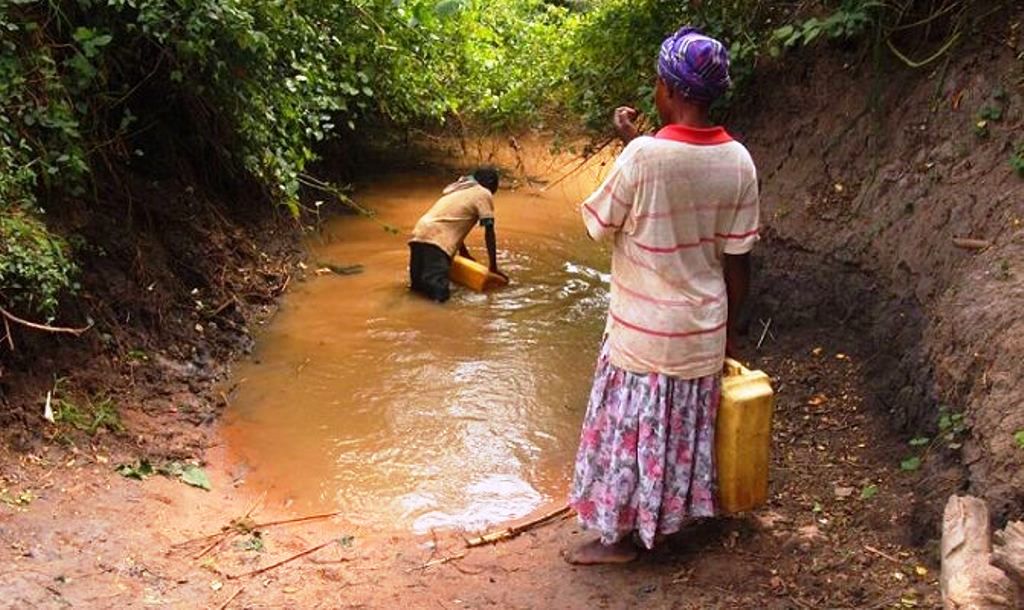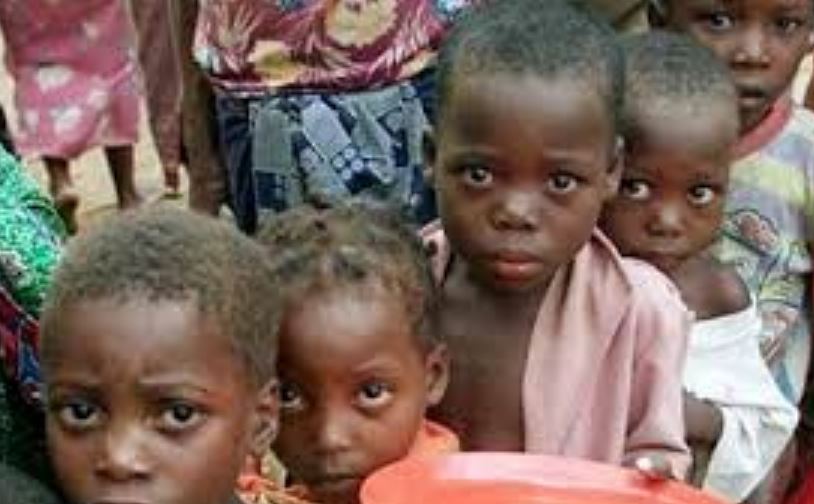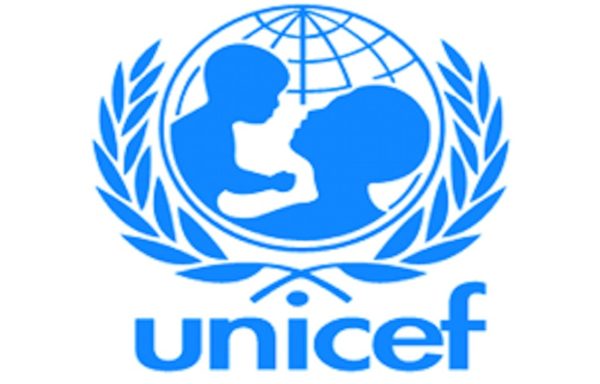The United Nations Children’s Fund (UNICEF) says the future of millions of children living in countries affected by armed conflict are at risk as warring parties continue to commit grave violations against them.
Manuel Fontaine, UNICEF Director of Emergency Programmes, who disclosed this in a statement on Thursday in Abuja, lamented that world leaders has failed to hold perpetrators accountable in spite of these violations, among other crimes.
“Children living in conflict zones around the world have continued to suffer through extreme levels of violence over the past 12 months and the world has continued to fail them.
“For too long, parties to conflict have been committing atrocities with near-total impunity and it is only getting worse. Much more can and must be done to protect and assist children,” Fontaine said.
He noted that children living in countries at war have been under direct attack, been used as human shields, killed, maimed or recruited to fight.
Fontaine specifically noted that rape, forced marriage and abduction have become standard tactics in conflicts from Syria to Yemen and from the Democratic Republic of the Congo, to Nigeria, South Sudan and Myanmar over the course of 2018:
According to him, in Afghanistan, violence and bloodshed remain a daily occurrence with some 5,000 children killed or maimed within the first three quarters of 2018, equal to all of 2017 and children making up 89 per cent of civilian casualties from explosive remnants of war.
He further noted “In northeast Nigeria, armed groups, including Boko Haram factions, continue to target girls who are raped, forced to become wives of fighters or used as ‘human bombs.
“In February, the group abducted 110 girls and one boy from a technical college in Dapchi, Yobe State, while most of the children have since been released, five girls died and one is still being held captive as a slave.
“Cameroon has seen an escalation of the conflict in the North-West and South-West regions with schools, students and teachers often coming under attack.
“In November, more than 80 people, including many children, were abducted from a school in Nkwen, in the north-west of the country and released a few days later.
“A total of 93 villages have allegedly been partially or totally burned due to conflict in the areas with many children experiencing extreme levels of violence.
“In the Central African Republic, a dramatic resurgence in fighting has enveloped much of the country, with two out of three children in need of humanitarian assistance,” he noted.
The director also noted that in the Democratic Republic of the Congo, inter-ethnic violence and clashes between security forces and armed groups in the Great Kasai-region and eastern provinces of Tanganyika, South Kivu, North Kivu and Ituri had a devastating impact on children.
Fontaine lamented that the response to the ongoing Ebola outbreak has been seriously hindered by violence and instability in eastern DRC, adding that an estimated 4.2 million children are at risk of Severe Acute Malnutrition Malnutrition (SAM).
He observed that the situation was compounded by violations of children’s rights, including forced recruitment by armed groups and sexual abuse.
He further noted that in Lake Chad basin, ongoing conflict, displacement and attacks on schools, teachers and other education facilities have put the education of 3.5 million children at risk.
“Today in northeast Nigeria, the Lake region of Chad, extreme north of Cameroon and Diffa region of Niger, at least 1,041 schools are closed or non-functional due to violence, fear of attacks, or unrest, affecting nearly 445,000 children.
“A recent surge in violence in the border region between Mali, Burkina Faso and Niger has left 1,478 schools closed.
“In Iraq, even as fighting has largely subsided, four children were killed in November in the north of the country when the truck they were travelling to school came under attack.
“Children and families returning to their homes in areas previously impacted by heavy violence continue to be exposed to the danger of unexploded ordnance. Thousands of families remain displaced and face additional threats of freezing winter temperatures and flash floods.
“In Somalia, more than 1,800 children were recruited by parties to the conflict in the first nine months of the year, with 1,278 children abducted.
“In Syria, between January and September, the UN verified the killing of 870 children, highest number ever in the first nine months of any year since the start of the conflict in 2011.
“Attacks continued throughout the year, including the killing of 30 children in the eastern village of Al Shafa in November.
“In Yemen, the UN has verified 1,427 children killed in attacks, including an ‘unconscionable’ attack on a school bus in Sa’ada. Schools and hospitals have come under frequent attack or used for military purposes, denying children access to their right to education and health care, “he said.
Fontaine similarly observed that recent surge in violence in the border region between Mali, Burkina Faso and Niger has left 1,478 schools closed.
According to him, in Myanmar, the UN continues to receive reports of ongoing violations of the rights of Rohingya remaining in northern Rakhine State, which include allegations of killings, disappearances and arbitrary arrests.
He lamented the widespread restrictions on the rights to freedom of movement and barriers to access health and education including in central Rakhine State.
He however emphasised that ensuring children have access to quality education and other essential services would avert a ‘lost generation’ of Rohingya children; otherwise they will lack the skills they need to contribute to society.
The UNICEF director therefore called on all warring parties to abide by their obligations under international law to immediately end violations against children and the targeting of civilian infrastructure, including schools, hospitals and water infrastructure.
The organisation, according to him, also urged states with influence over parties to conflict to use that influence to protect children.
“Much more needs to be done to prevent wars and to end the many disastrous armed conflicts devastating children’s lives. Yet even as wars continue, we must never accept attacks against children.
“We must hold warring parties to their obligation to protect children. Otherwise, it is children, their families and their communities who will continue to suffer the devastating consequences, for now and for years to come,” Fontaine said.




